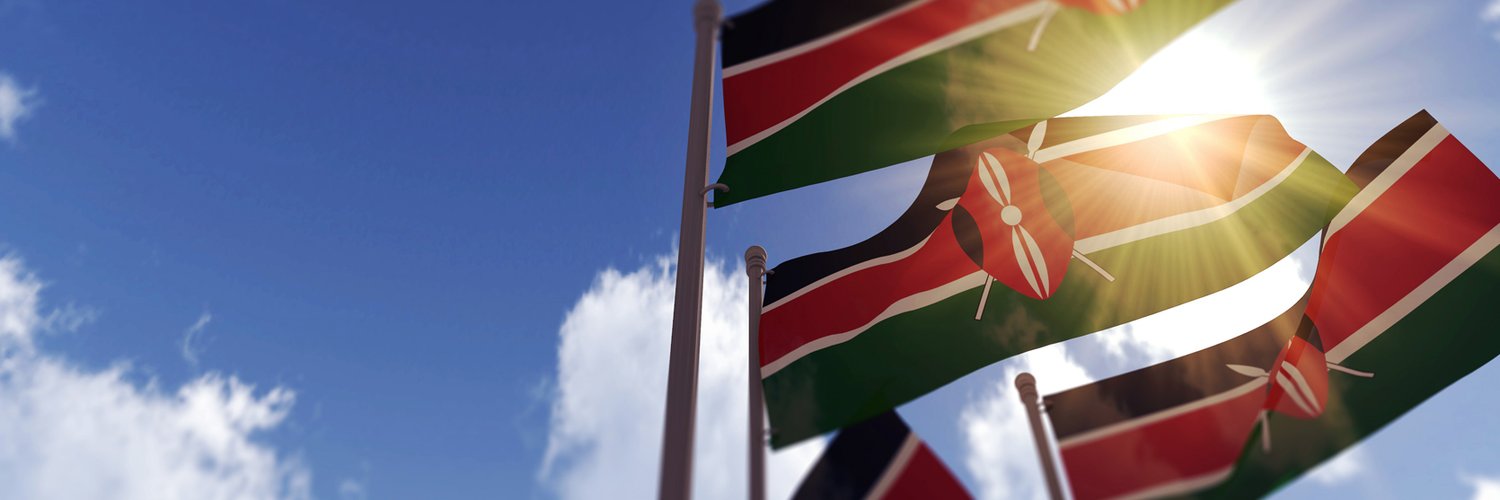Kenya in close presidential election amid prayers for peace

- Country:
- Kenya
Kenyans are voting on Tuesday in an unusual presidential election, where a longtime opposition leader who is backed by the outgoing president faces the brash deputy president who styles himself as the outsider and a “hustler”.
The election is considered close, and East Africa's economic hub could see a presidential runoff for the first time.
Economic issues such as widespread corruption could be of greater importance than the ethnic tensions that have marked past votes with sometimes deadly results.
Kenya is a standout with its relatively democratic system in a region where some leaders are notorious for clinging to power for decades.
Its stability is crucial for foreign investors, the most humble of street vendors and troubled neighbours like Ethiopia and Somalia.
Hundreds of voters lined up hours ahead of polls opening in some locations, often after being summoned by volunteers' early morning whistles.
Voting started late in some areas, and difficulties were reported at times with the electronic voting system that at first failed to identify one candidate for deputy president Rigathi Gachagua.
The top candidates are Raila Odinga, a democracy campaigner who has vied for the presidency for a quarter-century, and 55-year-old Deputy President William Ruto, who has stressed his journey from a humble childhood to appeal to millions of struggling Kenyans long accustomed to political dynasties.
“In moments like this is when the mighty and the powerful come to the realisation that it is the simple and the ordinary that eventually make the choice,” a smiling Ruto told journalists after becoming one of the first voters.
“I look forward to our victorious day.” He urged Kenyans to be peaceful and respect others' choices.
“I have confidence that the people of Kenya are going to speak loudly in favour of democratic change,” Odinga told journalists on his way to vote.
A cheering crowd jogged alongside his convoy as he arrived to vote in the Nairobi neighbourhood of Kibera.
Outgoing President Uhuru Kenyatta, the son of Kenya's first president, cut across the usual ethnic lines and angered Ruto by backing longtime rival Odinga after their bitter 2017 election contest. But both Odinga and Ruto have chosen running mates from the country's largest ethnic group, the Kikuyu.
The 77-year-old Odinga has made history by choosing running mate Martha Karua, a former justice minister and the first woman to be a leading contender for the deputy presidency.
“Make your voice heard,” she said after voting early in a knitted cap, a sign of the unusually cold weather in parts of the country.
Rising food and fuel prices, debt at 67 per cent of GDP, youth unemployment at 40 per cent and corruption mean economic issues are at the centre of an election in which unregulated campaign spending highlighted the country's inequality. But personalities still matter.
“We need mature people to lead, not someone who abuses people. Someone who respects elders,” said 55-year-old teacher Rosemary Mulima, who arrived with friends at a polling station on the outskirts of Nairobi to find an estimated 500 people in line before dawn. She had “very high” hopes for Odinga on his fifth try.
Others predicted a lower turnout than the 80 per cent five years ago and blamed voter apathy. The electoral commission signed up less than half of the new voters it had hoped for, just 2.5 million.
“The problems from 2017, the economy, the day-to-day life, are still here,” said 38-year-old shopkeeper Adrian Kibera, who wasn't sure he would bother to vote.
“We don't have good choices,” he said, calling Odinga too old and Ruto too inexperienced.
Kenyans are hoping for a peaceful vote. Elections can be exceptionally troubled, as in 2007 when the country exploded after Odinga claimed the vote had been stolen from him and more than 1,000 people were killed.
Ruto was indicted by the International Criminal Court for crimes against humanity for his role in the violence, but his case was terminated amid allegations of witness tampering.
In 2017, the high court overturned the election results, a first in Africa, after Odinga challenged them over irregularities. He then boycotted the new vote and proclaimed himself the “people's president,” bringing allegations of treason.
A public handshake between him and Kenyatta calmed the crisis.
This is likely Odinga's last try, and Kenyans and election observers will be watching to see how his often passionate supporters react to the results and any allegations of rigging.
Ruto and Odinga have said they will accept the official results — if the vote is free and fair. “It is every Kenyan's hope,'' the president told journalists after voting.
More than 22 million people are registered to vote. Official results must be announced within a week, but impatience is expected if they don't come before this weekend.
The underfunded Independent Electoral and Boundaries Commission is under pressure to ensure an untroubled vote.
To win outright, a candidate needs more than half of all votes and at least 25 per cent of the votes in more than half of Kenya's 47 counties. No outright winner means a runoff election within 30 days.
(This story has not been edited by Devdiscourse staff and is auto-generated from a syndicated feed.)
ALSO READ
Ethiopia official creditors to extend deadline for IMF deal, source says
New World Bank program to expand electricity network through private sector participation in Ethiopia
Somalia sends Ethiopian ambassador home for consultations, closes consulates
World Bank loans Ethiopia $1.72 bln for power, water supply expansion
Somalia expels Ethiopian envoy amid naval base dispute










